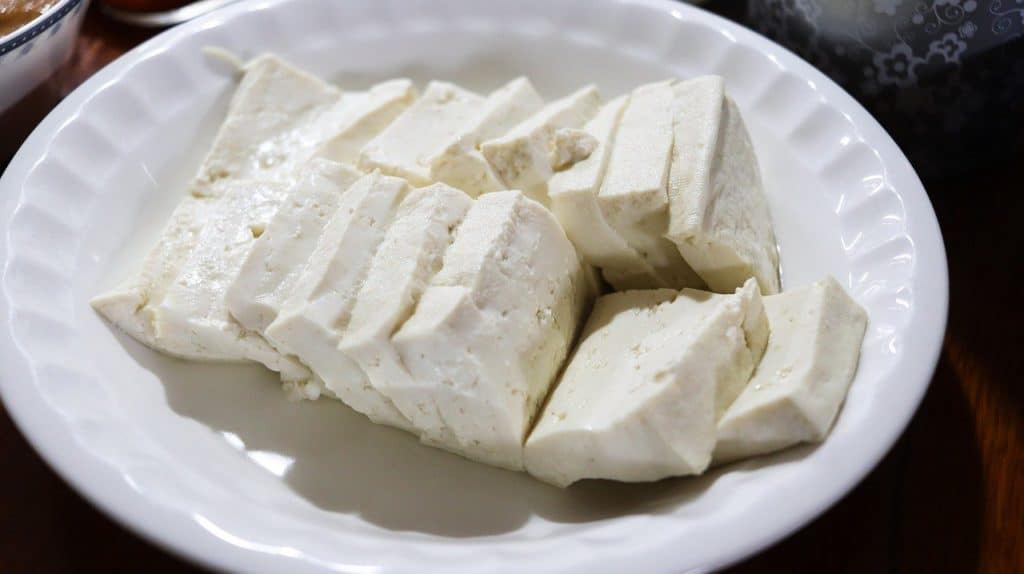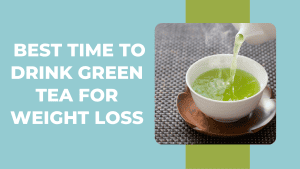Tofu is a staple in Asia and an often-overlooked source of protein in the United States. But as it appears on menus in big food chains, it’s increasingly being embraced as a healthy meat substitute. Tofu’s suggested health benefits, from preventing cancer to reducing the risk of heart disease, have earned it a reputation as one of the best foods you can eat.
Nutritional Value of Tofu
Tofu is high in protein and contains all the essential amino acids your body needs. It also provides fat, carbohydrates, and a wide range of vitamins and minerals.
| Nutrient | Quantity |
| Calories | 181 |
| Protein | 21.8g |
| Carbohydrates | 3.5g |
| Fats | 11g |
| Fiber | 2.9g |
| Calcium | 861mg |
| Sodium | 17.6mg |
| Selenium | 21.9mcg |
| Iron | 3.4mg |
Nutritional Facts of Tofu
Carbohydrates – Tofu is a low-carbohydrate food. A half-cup serving contains just 3.5 grams of carbohydrates, most of which come from fiber. There are 2.9 grams of fiber in a half-cup serving.
Fat – Although a serving of firm tofu contains about 11 grams of fat, most fats are good for your heart. Tofu provides 2.4 grams of monounsaturated fat and 6.2 grams of polyunsaturated fat. at 1.6 grams of fat in a serving of firm tofu is saturated fat.
Egg white brand tofu is a great source of protein at nearly 22 grams per serving. Because tofu is a complete protein (meaning it contains all 9 essential amino acids needed for nutrition), it can be used as a substitute in recipes that call for meat. Many non-meat eaters use tofu as the main protein in their meals.
Vitamins and Minerals
Firm Tofu prepared with Calcium Sulfate is an excellent source of Calcium, providing 861 mg or 66% of the Daily Value. Firm tofu is also an excellent source of manganese (providing 1.5 mg, or 65% of the daily intake) and selenium (providing 21.9 mcg, or almost 40% of the daily intake). It is also an excellent source of copper, iron, phosphorus, zinc, and magnesium.
Health Benefits of Tofu
1. Source of protective antioxidants
Soy products like tofu contain natural compounds called Isoflavones. They are powerful antioxidants and as such help minimize the damage known as oxidative stress, which is caused by molecules called free radicals. It is oxidative stress that has been linked to both aging and the onset of many chronic diseases. Soy is particularly rich in isoflavones and provides other active plant substances such as saponins.
2. It can relieve menopausal symptoms
Isoflavones are also often referred to as phytoestrogens. This means they mimic the weak form of the hormone estrogen in the body and help some women with perimenopause symptoms like bad mood and hot flashes.
3. May Support Heart Health
Regular consumption of isoflavone-rich foods such as tofu has been associated with lower cholesterol levels. Research suggests this includes lowering low-density lipoprotein (LDL), the type often referred to as “bad” cholesterol, as well as total cholesterol.
4. Helps in Weight loss
Tofu is a low-calorie, high-protein food that is devoid of cholesterol and high in calcium and manganese, all of which are good for your bones. By filling you up for longer on fewer calories than meat, tofu may aid in weight loss. It may lower the risk of heart disease, especially when substituted for animal proteins that are high in saturated fat. Check our Weight Loss Plans.
5. It can help control blood sugar
In a study of postmenopausal women consuming 100 mg/day of soy isoflavones, fasting blood glucose levels fell by 15% and insulin levels by 23%. Similarly, postmenopausal women with diabetes who took soy protein isolate supplements saw decreased fasting insulin levels, insulin resistance, and improved cholesterol management. Check our Diabetes Diet Plan.
However, other studies have yielded mixed results, and a meta-analysis suggests that we still have more to learn in this area.
The Bottom Line
Tofu is made from soybeans that are ground in water, heated, and coagulated with minerals such as calcium or magnesium salts. The curd is then pressed into a block, which is then sold as tofu. You can buy different types of tofu, from very soft silken tofu to very firm tofu. The kind you buy depends on how you use it. Velvety tofu is great for desserts (like cheesecake), while extra firm tofu can be diced and crisped or baked in oil in a pan. The benefit of cooking with tofu is that tofu is a very delicate protein and will take on any flavors it’s associated with, making it a versatile ingredient.
FAQs
How much Tofu can I eat in a day?
To find out how much tofu you can have each day as tofu is made from soy, check the daily recommended soy intake limit. It is safe to consume 3 to 5 servings of soy per day, according to experts. This translates to approximately 255 to 425 grams of tofu.
Should I eat Tofu before or after exercise?
Antioxidants and polyphenols are among the phytonutrients that are abundant in tofu. They can lessen inflammation brought on by exercise, oxidative stress, and the ensuing muscular discomfort, according to research. Tofu is the ideal snack before or after exercise.
What are the benefits of Tofu?
Tofu offers a lot of health benefits. It is low in calories, has almost zero fat, and packs a lot of protein. It is ideal for losing weight.
What is the best time to eat Tofu?
You can eat tofu at any moment of the day because it is such a convenient method to get healthy protein in your diet.








